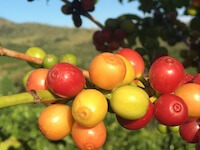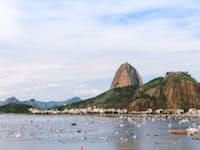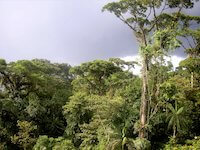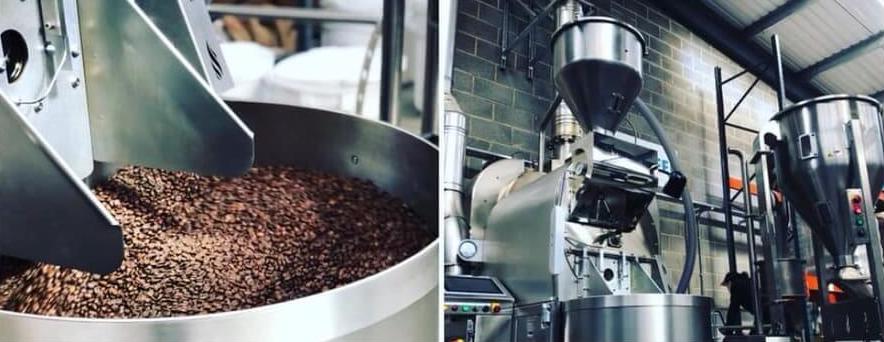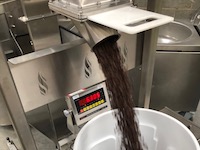Processing Coffee
Once the coffee cherries are harvested we need to process them so that we end up with green coffee that is ready for export and roasting. The outer skins of the coffee cherry are removed and the slimy muscilage is dried and removed so that we end up with a green coffee bean. It is then important that the green bean has the correct moisture content to enhance storage conditions. There are various processing methods to do this.
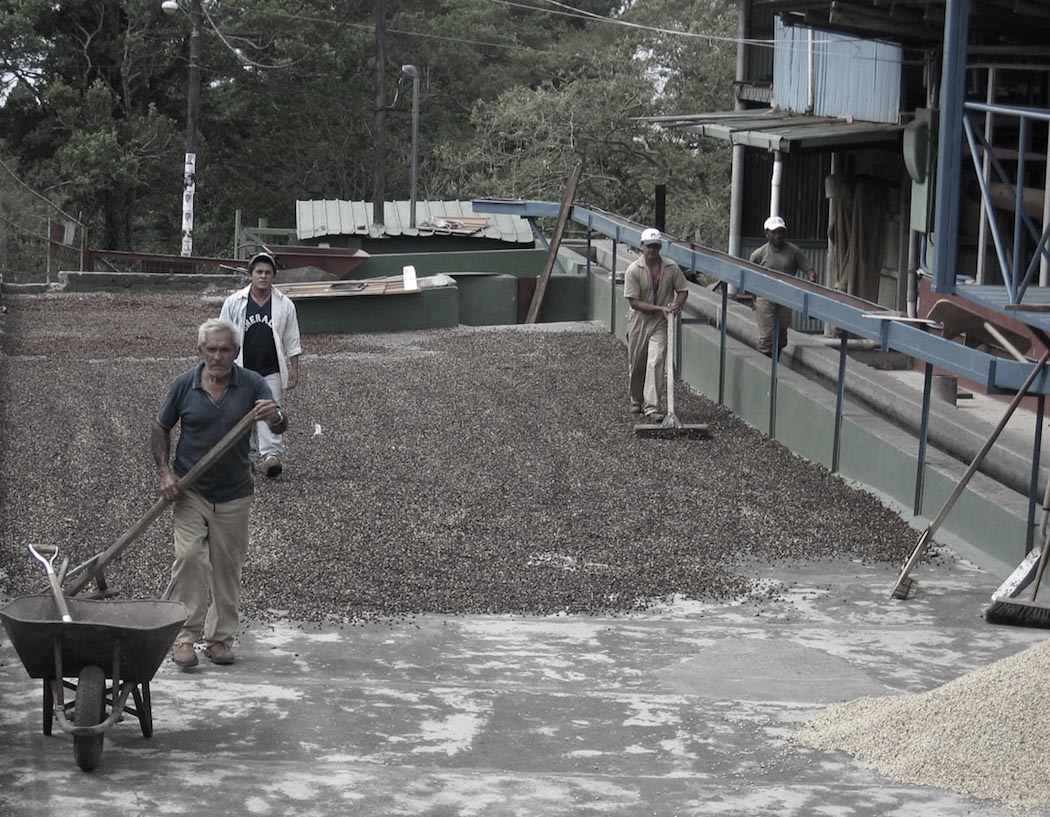
Wet method - This is the most common method, also called the washed method. The coffee cherries are immersed and washed in water and then left to dry. During washing the ripe and green cherries sink and the overripe and underdeveloped cherries float. This is separating the floaters. The coffee cherries are usually fermented in water for 24 to 36 hours. Washing the cherries in water produces clean coffees with a good acidity and a good body.
Dry method - Also called the natural or unwashed method. This method is often used in regions where water is limited. The coffee cherries are dried in the sun on patios or rooftops. The harvested cherries are sorted and cleaned to remove the cherries that might be unripe, overripe or damaged. The cherries are usually dried for two weeks but this very much depends on the local method. Some plantations use machine drying.
Semi-dry method - This has many names such as pulped-natural, wet hulled and semi washed. In Indonesia it is called Giling Basah which means wet grinding. This method involves depulping the cherries followed by drying.
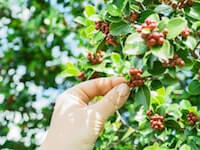
Harvesting coffee
Find out how coffee is harvested and the hard work that the coffee farmers put into our lovely drink.
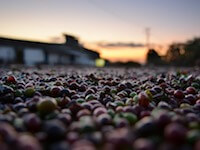
Processing coffee
Read about what they do after the harvesting of coffee and the various processing methods.
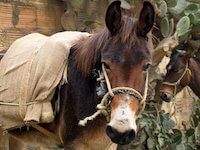
Colombia
Producing around 13 million bags (60KG) of coffee, Colombia is the third largest producer of coffee.

El Salvador
Not the largest producer with 0.5 million bags (60KG) but boy do they know how to grow coffee!
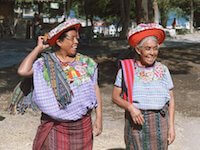
Guatemala
Guatemala produces around 3.5 million bags (60KG) each year and produces very high quality certified coffee.
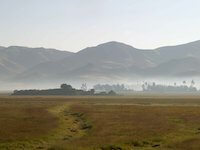
Ethiopia
The birthplace of coffee with wild coffees and a production of around 6.5 million bags (60KG).

Kenya
The neighbour of Ethiopia yet with a very different flavour profile, Kenya produces under a million bags (60KG) of coffee each year.
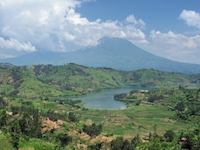
Rwanda
Only about 0.25 million bags (60KG) are produced each year by Rwanda but we love Rwandan coffee.
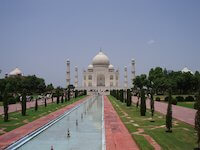
India
With over 5 million bags (60KG) a year, India produces quite a bit of coffee and use the famous Monsooning processing method.
.webp)
call us for a chat on 01274 911 419
Monday - Friday | 09:00 - 16:30
Closed bank holidays
Terms and conditions | Privacy policy | Website settings
By continuing to browse you agree to our use of cookies.
Copyright © 2008-2025 Limini Coffee Services Limited. All Rights Reserved


